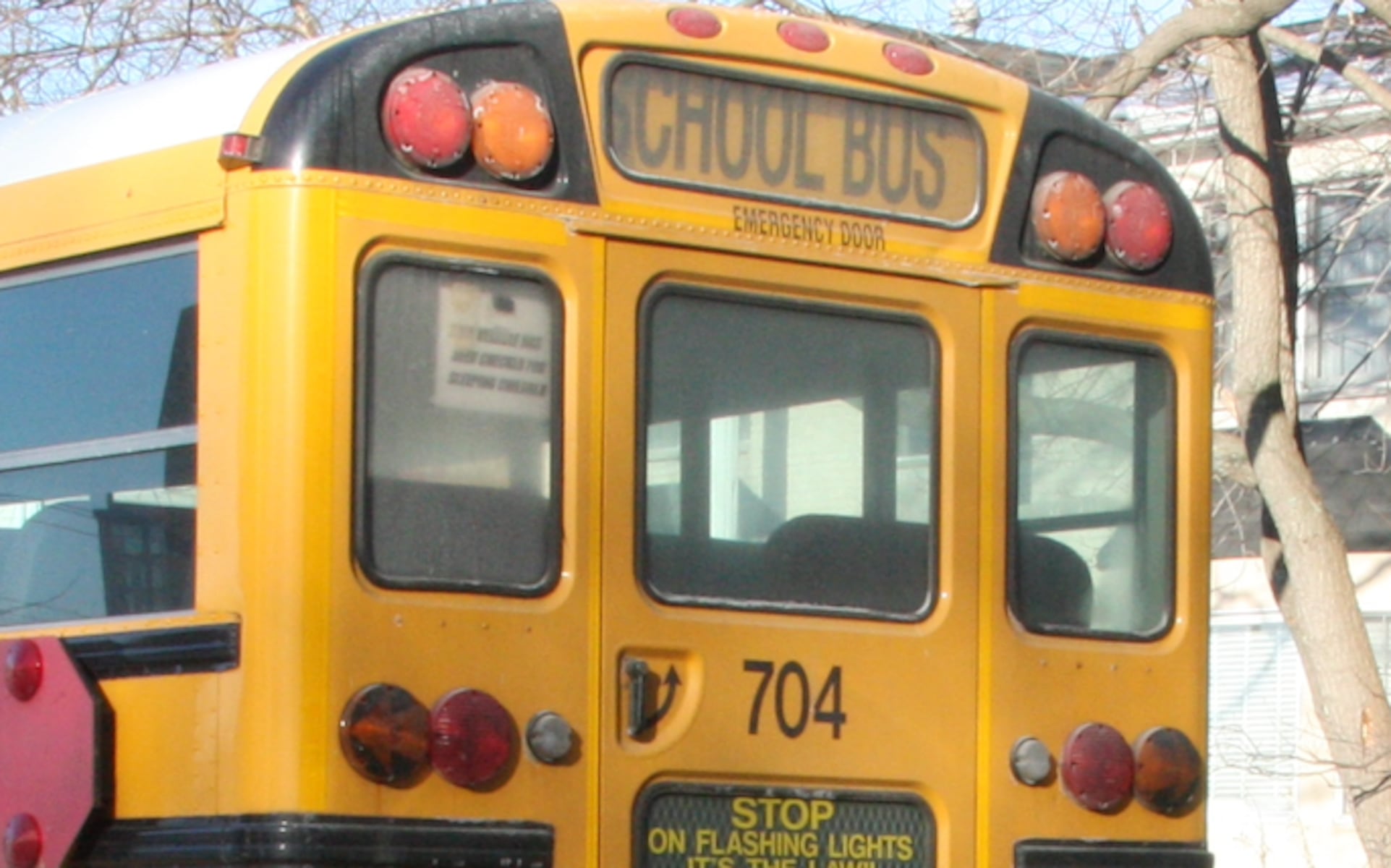The outcome of New Jersey’s upcoming gubernatorial election could significantly impact the state’s education system, particularly regarding the potential introduction of a school voucher program. As it stands, New Jersey is one of the few states in the United States that does not offer government-funded scholarships for families seeking to enroll their children in private schools. The next governor will play a crucial role in determining whether this changes.
With early voting set to commence on October 28, 2023, for what has been described as New Jersey’s most expensive gubernatorial race, candidates are actively addressing key educational issues. School vouchers have emerged as a contentious topic, with proponents arguing that they provide families with greater choice and access to quality education. Conversely, opponents express concerns about the potential impact on public school funding and resources.
Governor Phil Murphy, the current officeholder, has consistently opposed school vouchers, advocating instead for investments in public education. His administration has focused on increasing funding for public schools and improving educational outcomes across the state. However, if the election results in a change of leadership, the new governor may take a different approach.
Candidates in the race are articulating their positions on education as voters prepare to cast their ballots. The debate over school vouchers is not just about educational policy; it reflects broader discussions about equity, access, and the role of government in education.
In addition to the voucher issue, the election is drawing attention due to other significant topics, including allegations of vandalism and hazing linked to a local fraternity at Rutgers University. These incidents have highlighted the need for comprehensive reforms in various aspects of student life and governance within educational institutions.
As voters prepare for what is expected to be a high-stakes election, the implications for the future of New Jersey’s educational landscape loom large. The decision made by the electorate will not only influence the direction of school funding but also the broader educational opportunities available to families across the state.
In conclusion, the New Jersey gubernatorial race is more than just a political contest; it is a pivotal moment that could redefine the state’s approach to education. With early voting approaching, the electorate is poised to make a decision that could have lasting ramifications for both public and private educational institutions in the region.







